The Growing Cannabis Industry
The cannabis industry is booming, and the legalization of marijuana is predicted to reach $43 billion by 2025. However, with growth comes complexity, and the legality of cannabinoids is continuously evolving. In this guide, we will explore the current state of cannabinoid legality in the United States, including the various nuances involved in this complex issue.
The Controlled Substances Act and Schedule
In 1970, Congress enacted the Controlled Substances Act (CSA), which established five categories of drugs based on their potential for abuse and medical benefits. Marijuana was placed in Schedule I, which is reserved for drugs with a high potential for abuse and no accepted medical use. This classification made marijuana illegal at the federal level.
Legalization of Cannabis in the United States
Despite the federal prohibition, individual states have legalized marijuana for medicinal and recreational use. California was the first state to legalize marijuana for medical purposes in 1996. As of February 3rd, 2022, 18 states and Washington DC have legalized cannabis for recreational use. Additionally, 37 states plus Washington DC, Guam, Puerto Rico, and US Virgin Islands have legalized medical marijuana programs.
Legality of Cannabinoids: A Complex Landscape
With all these changes happening, the legality of cannabinoids has become even more complicated. The laws surrounding cannabis and its components constantly evolve as researchers discover new information about them. Different states have their own rules that may or may not coincide with federal regulations, making it crucial to stay informed on what types of products you can legally purchase depending on where you live or visit.
Alternative Cannabinoids: Delta 8 and Hexahydrocannabinol
Alternative cannabinoids like Delta 8 and Hexahydrocannabinol are still relatively new and therefore have some grey areas. The FDA has not approved any Delta-n variants outside of D-THC for medical use, so it is essential to check each state’s laws regarding these compounds.
States Prohibiting Legal THC Products
In addition to the complex patchwork of regulations across the United States, some states have passed legislation explicitly prohibiting legal THC products, like cannabis edibles. Idaho, Nebraska, and South Dakota are a few examples of this. If you’re traveling or visiting one of these states, it’s crucial to be aware that the legality of your cannabinoid products may be in question.
Staying Informed About Cannabinoid Legislation
Staying informed about the latest changes in cannabinoid legislation is critical. Check state government websites or contact a knowledgeable cannabis attorney in your area to stay up-to-date. With continued progress towards legalization, we can only expect this landscape to become even more complicated as time goes on. The best way forward is education, so make sure you’re informed!
In conclusion, the legality of cannabinoids in the United States is a complex and ever-changing landscape. While progress towards legalization continues, different states have their own rules regarding cannabis and its components.


